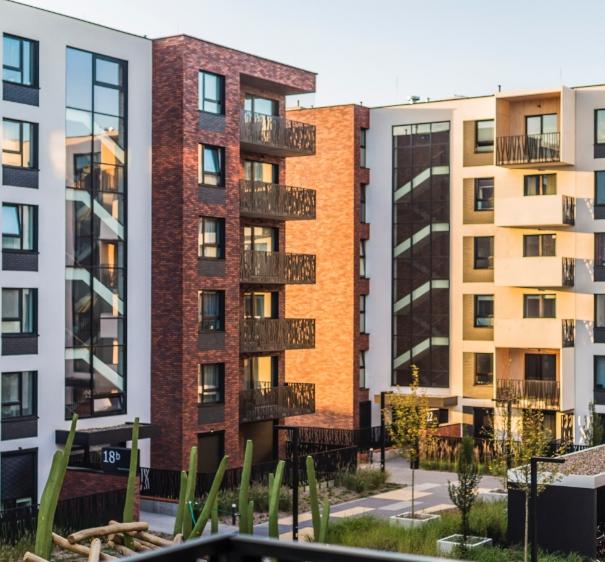Where does the concept of Just Transition come from?
The idea of a just transition originates in the American labour struggles of the 1970s. The Oil, Chemical and Atomic Workers Union called for the creation of a fund to support workers made redundant due to the environmental impact of their sector of activity.
From there, the notion of Just Transition gained ground and gradually entered the international debate.
From 2010 to 2015, the International Labor Organization (ILO) worked to develop the nine "Guidelines for a just transition towards environmentally sustainable economies and societies for all".
Also in 2015, the United Nations General Assembly adopted the 2030 Agenda for Sustainable Development, which is broken down into 17 Sustainable Development Goals and whose motto is "Leave no one behind". Achieving these goals will end poverty, protect the planet and guarantee peace and justice for all.
Also in 2015, the international community adopted the Paris Agreement, setting the common goal of limiting global warming to 1.5 degrees above pre-industrial levels. The Agreement's Preamble echoes the work of the ILO, referring to "the imperatives of a just transition of the workforce and the creation of decent work and quality jobs".
In 2018, the Climate Walks, undertaken by thousands of young people around the world, put the achievement of the climate goals at the heart of government agendas.
As part of the implementation of the European Green Deal, the just transition has been identified as a key pillar of the European Commission's new strategy. The goal of "leaving no one behind" is self-evident: the transition will be just, or there will be no transition at all.
Resolution on just transition - International Labour Organization. Find out more.
The consideration of the most vulnerable people and the implementation of policies that effectively combat the exceeding of planetary limits and inequalities appear to be within reach.
What about Belgium?
In 2019, the Climate Coalition made numerous references to the just transition in its memorandum for the Belgian and European elections, calling in particular for the organisation of a national conference on the just transition.
On 30 September 2020, the request was heard and the National Conference for a Just Transition was enshrined in the Vivaldi Federal Government Agreement.
This Conference for a Just Transition is seen not as an endpoint, but as the start of a long process that should lead us fairly and democratically towards a climate-neutral, circular Belgium by 2050.
In November 2020, the Federal Council for Sustainable Development published an opinion on "a just transition towards ecologically sustainable economies and societies for all", revealing the challenges Belgium will face in the coming years, challenges that can become economic, social and environmental opportunities.
On 24 May 2022, Minister Zakia Khattabi announced the launch of the General Estates for a Just Transition. They comprise four working groups: a High Committee of 24 scientists, a Civil Society Forum, a Citizens' Agora and the federal administrations. The General Assembles took place in 2022 and 2023, each contributing to the Conference for a Just Transition in Belgium in November 2023.
The Conference for a Just Transition in Belgium was held on 8 and 9 November 2023. It was an opportunity to take stock of the contributions of the General Estates, as well as the opinions on the subject of just transition submitted by several bodies and institutions.
A fundamental rights-based approach
The just transition is the path to a sustainable society. Respect for the principle of justice presupposes that the transition will improve the well-being of the population. With this in mind, the fundamental needs approach is a way of thinking about the desirability of tomorrow's world: a world in which everyone will have a roof over their heads, quality food, access to culture and entertainment, education, healthcare and active mobility. Satisfying these needs is what enables human fulfilment and prosperity while respecting planetary limits.







